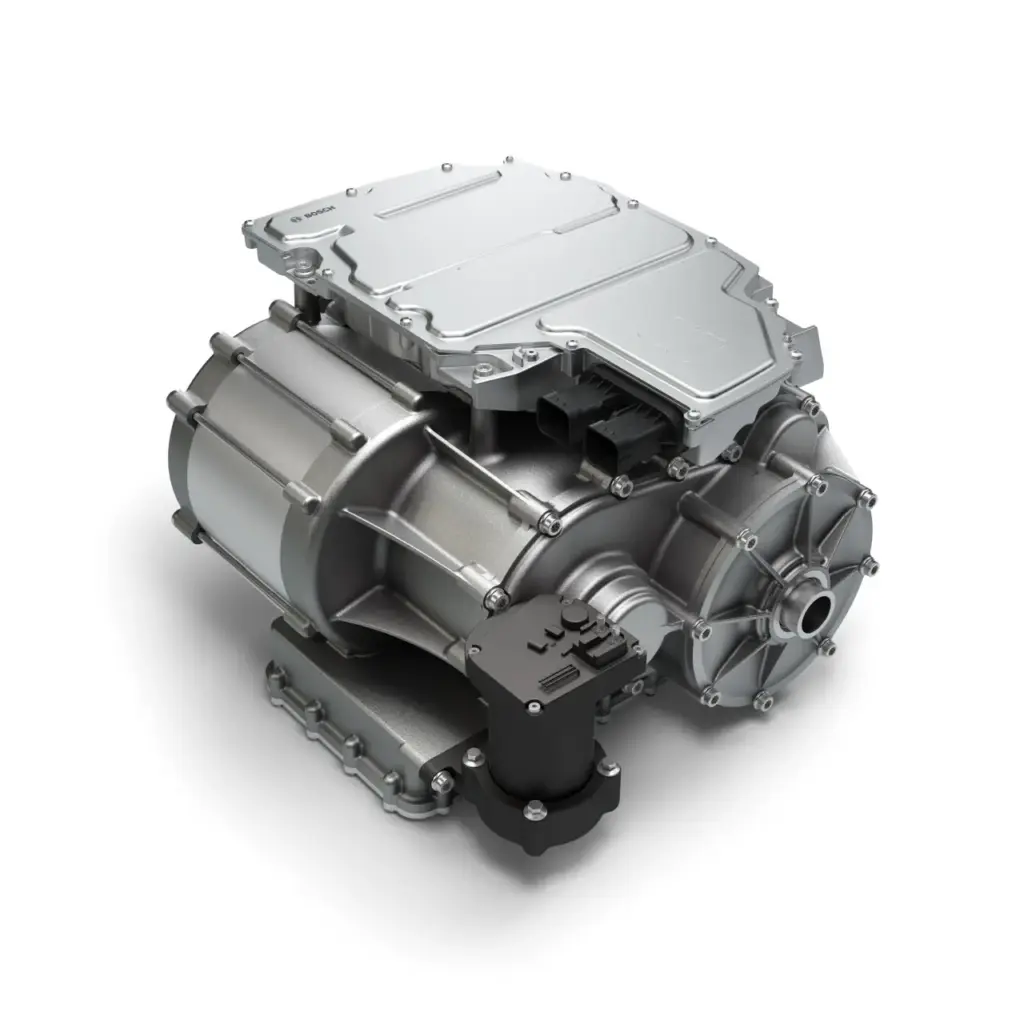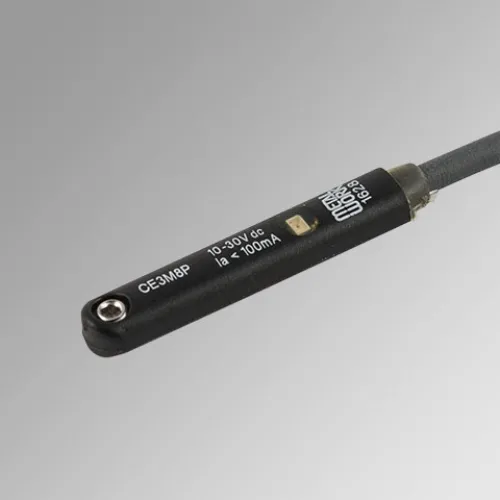Application of Magnetic Materials in the Automotive Industry
Magnetic materials are fundamental to the modern automotive industry. With the rapid advancement of electric vehicles (EVs), hybrid systems, and intelligent control technologies, high-performance magnets play a decisive role in driving innovation, improving energy efficiency, and enhancing safety. At HSmagnet, we provide reliable magnetic solutions tailored to meet the stringent requirements of automotive manufacturers worldwide.

Electric Vehicle (EV) Motors
One of the most significant applications of magnetic materials in the automotive industry is in electric vehicle (EV) motors. These motors rely on powerful permanent magnets, typically made from rare-earth elements like neodymium (NdFeB magnets), to convert electrical energy into mechanical energy. The magnetic fields generated by these magnets interact with the motor’s windings, producing a strong rotational force. This high-torque, compact design is critical for achieving the performance and efficiency required for EVs. The rotor, the rotating part of the motor, is often lined with these powerful magnets, while the stator, the stationary part, contains the copper windings.
Sensors and Actuators
Magnetic materials are fundamental to a wide array of sensors and actuators that enhance a vehicle’s functionality and safety. Hall effect sensors, for instance, use the Hall effect (the production of a voltage difference across an electrical conductor when a magnetic field is applied perpendicular to it) to measure position, speed, and proximity. These sensors are used in:
- Anti-lock braking systems (ABS): They detect wheel speed to prevent skidding.
- Crankshaft and camshaft position sensors: They determine the engine’s timing.
- Throttle position sensors: They measure the position of the throttle pedal.
Furthermore, magnetic materials are used in solenoids and relays that actuate various functions, such as door locks, fuel injectors, and automatic transmissions. These devices use an electromagnetic coil (a soft magnet application) to create a temporary magnetic field that moves a plunger or closes a switch.

Advanced Applications and Future Trends
As the automotive industry shifts towards electrification and autonomous driving, the demand for advanced magnetic materials is increasing. Future applications will focus on:
- Higher efficiency motors: Research is ongoing to develop new magnetic materials that can operate at higher temperatures and offer even greater energy efficiency, reducing the need for extensive cooling systems and increasing battery range.
- Wireless charging: Magnetic induction is the core principle behind wireless charging for EVs. A charging pad with a coil generates a magnetic field that induces a current in a secondary coil in the vehicle, transferring energy without a physical connection.
- Maglev technology: Although currently more prominent in trains, magnetic levitation (maglev) technology could one day be applied to vehicle suspension systems, offering a smoother, more controlled ride.
The automotive industry’s future is intrinsically linked to advancements in magnet technology, driving innovation in efficiency, safety, and performance.

